In a move that has sparked national debate, Norwood Primary School in Eastleigh, Hampshire, recently cancelled its traditional Easter celebrations, including the Easter Hat Parade and a church service. Headteacher Stephanie Mander claimed the decision aimed to establish a more ‘inclusive’ community that respected the diverse beliefs of all students. But to many, this felt like yet another attempt to dilute Christianity in a country historically shaped by it.
Dozens of Christian activists protested outside the school, calling out what they saw as a double standard. Would this have happened if it were a celebration from another faith? Would a school ever dare cancel Diwali or Eid celebrations or exposure in the name of inclusivity? We all know the answer. Cancel Christianity and it’s “diversity.” Cancel anything else and it’s “discrimination.”
It’s not just Norwood. Across the UK, schools are increasingly scrapping or watering down Christian traditions. In 2023, a growing number of schools across the world have replaced Christmas references with generic “winter festivals”, completely losing sight of the original reasons for these celebrations. Nativity plays are rebranded, and Easter becomes just a springtime arts-and-crafts day. Meanwhile, the faith that built centuries of British values is quietly erased, one tradition at a time.
But of course This isn’t the only occurrence of this. According to Open Doors, over 365 million Christians around the world currently face high levels of persecution and discrimination. In 2024, nearly 5,000 Christians were killed for their faith. From Nigeria to Korea, believers are imprisoned, tortured, and executed. And while the UK is perhaps not at that level, cultural persecution is still real. Christianity is mocked, questioned, and dismissed in the very societies it helped build to the point where kids are even denied an opportunity to be exposed to any type of religion.
Can you see the irony? In the name of tolerance, we’re being intolerant to the very faith that taught us the meaning of love, forgiveness, and grace. Jesus wasn’t just a historical figure. He was and is the Son of God, crucified and risen, offering eternal life to anyone who believes. That’s what Easter is about. Not chocolate eggs or paper hats, but the blood-stained cross and the empty tomb.
If you’re a Christian, I’d say you should be concerned about this uprising, whether it’s directly affecting you or not. If we eventually lose the right to publicly celebrate Easter, what else are we willing to compromise? Because the gospel isn’t a seasonal decoration. It’s the power of God for salvation (Romans 1:16). It’s radical, counter-cultural, and life-transforming. No policy should make us ashamed of that.
We will be hated for belonging to Jesus. He said so more than once, but let Norwood be a wake-up call. If we keep erasing Jesus from the public square, we shouldn’t be surprised when a generation grows up knowing everything about acceptance and nothing about truth. Let’s not trade the cross for comfort. Let’s not cancel the gospel.






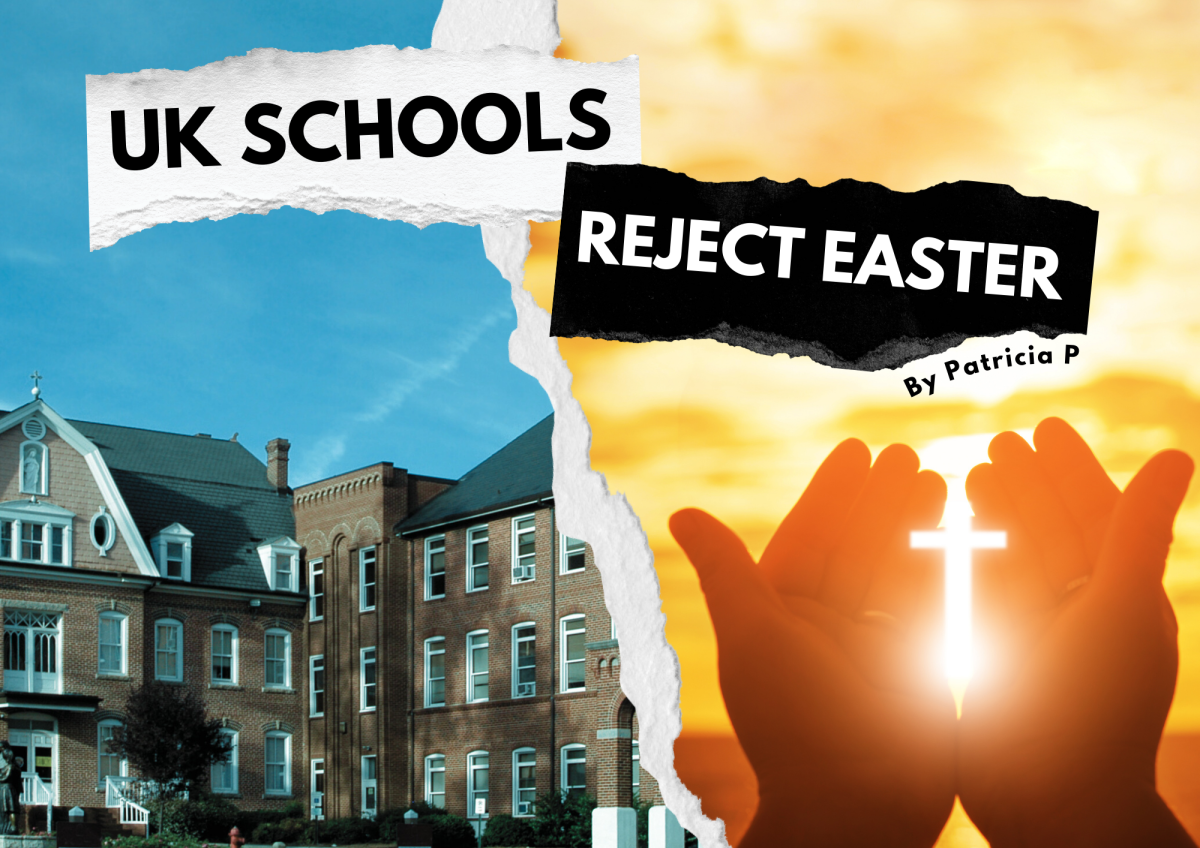
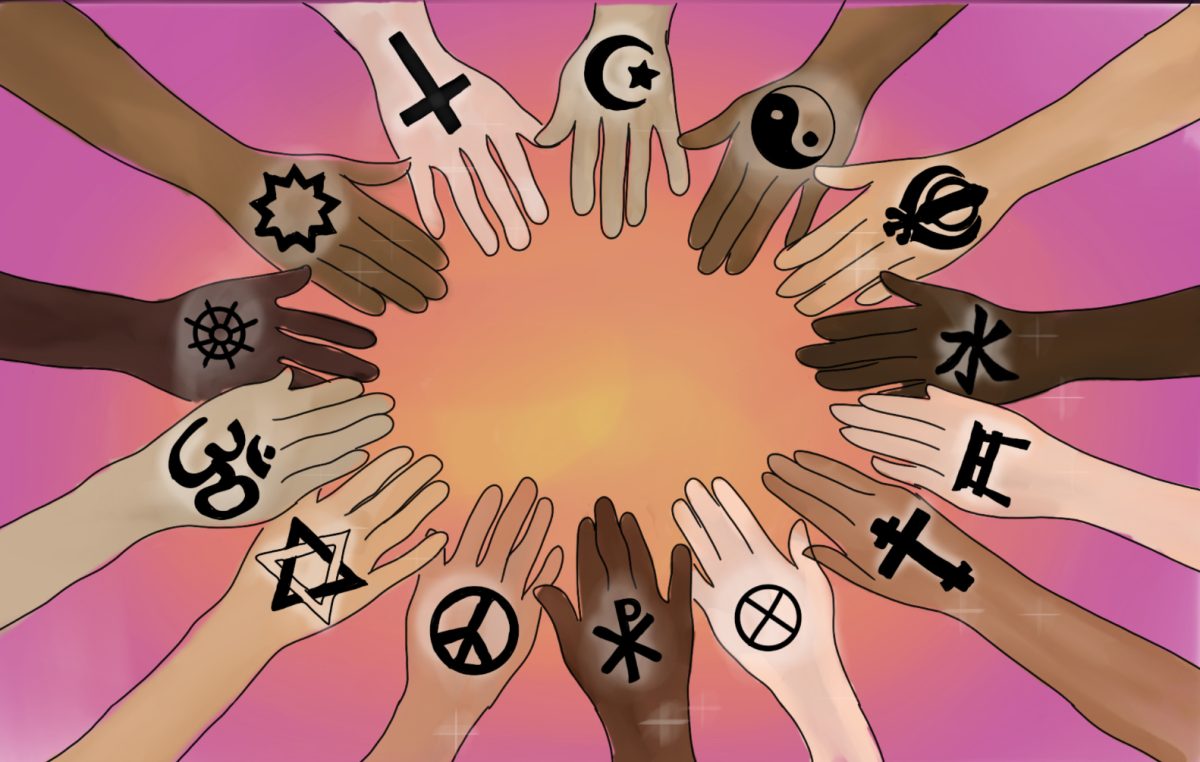




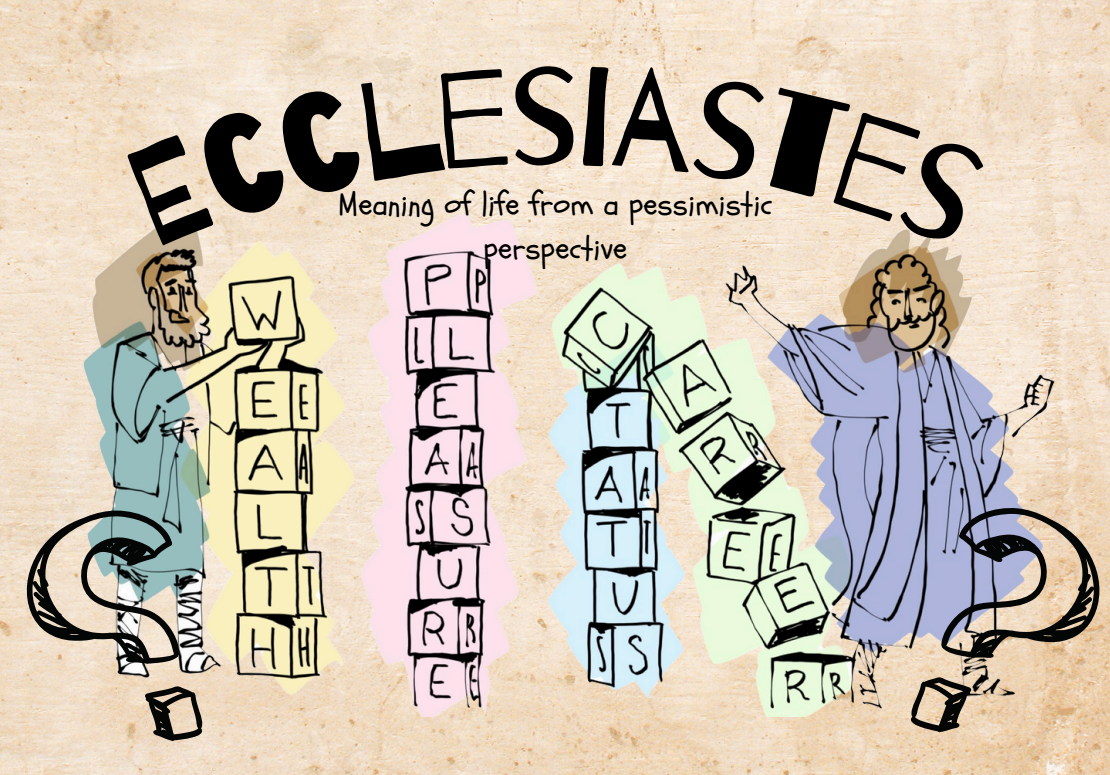
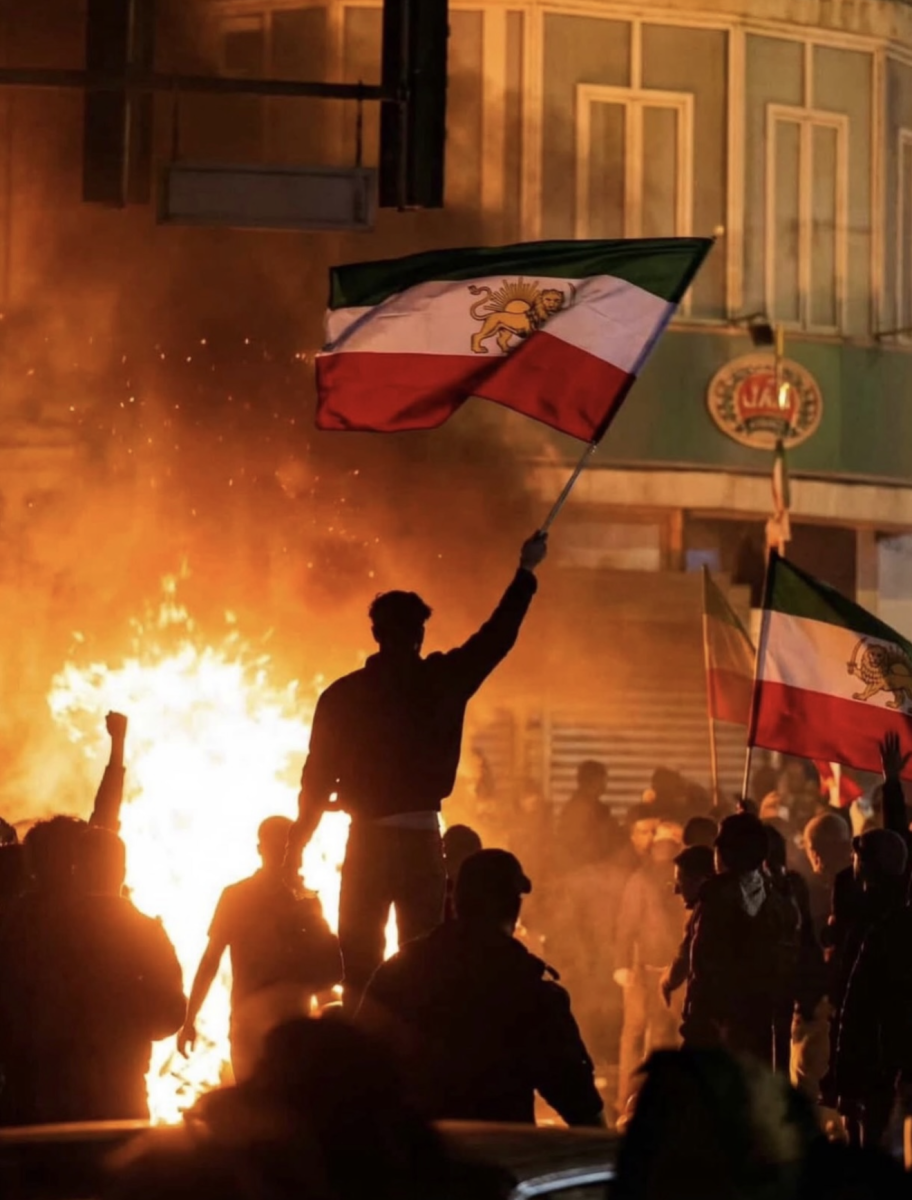

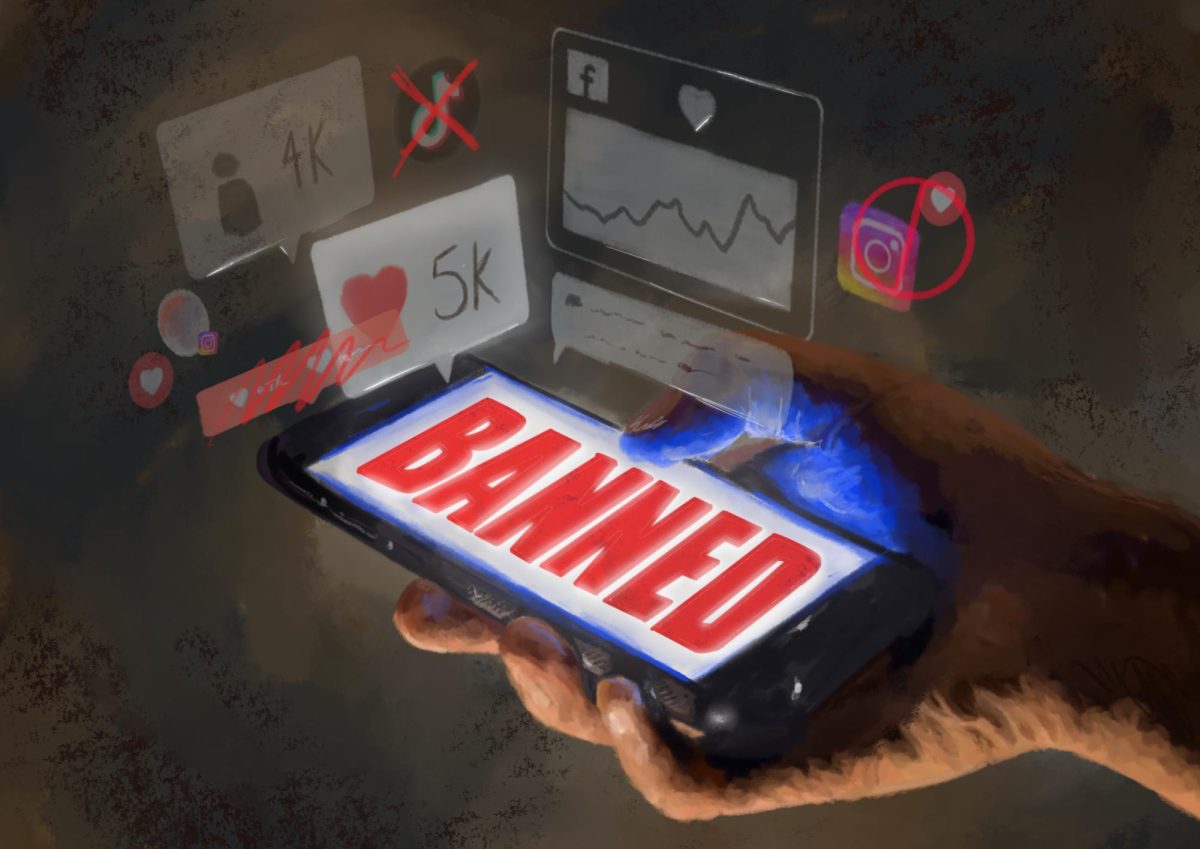
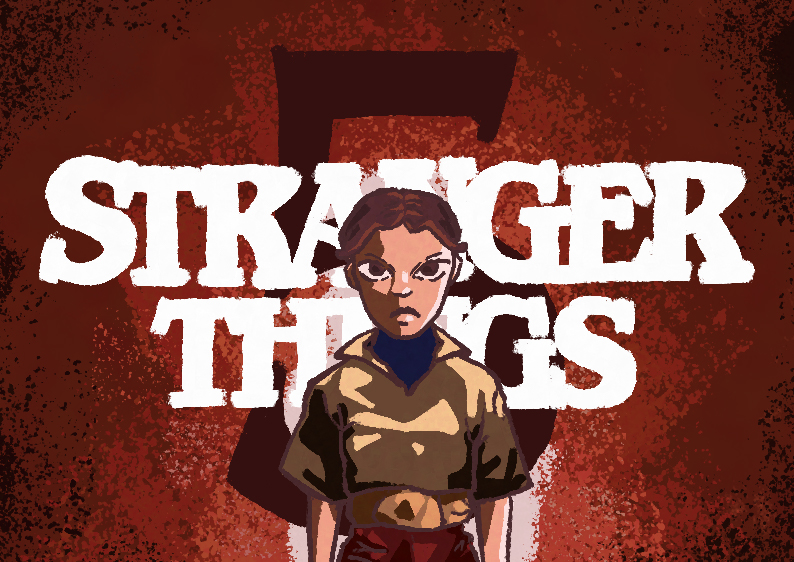
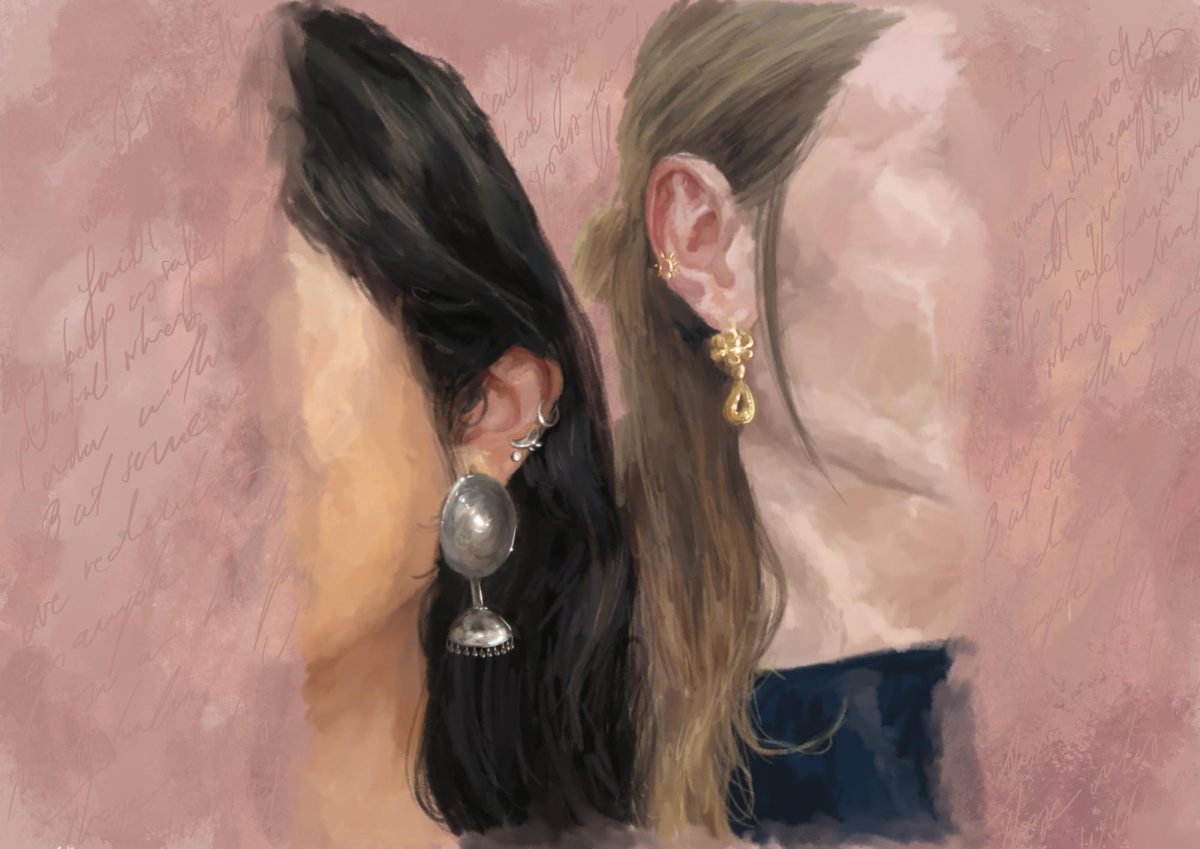
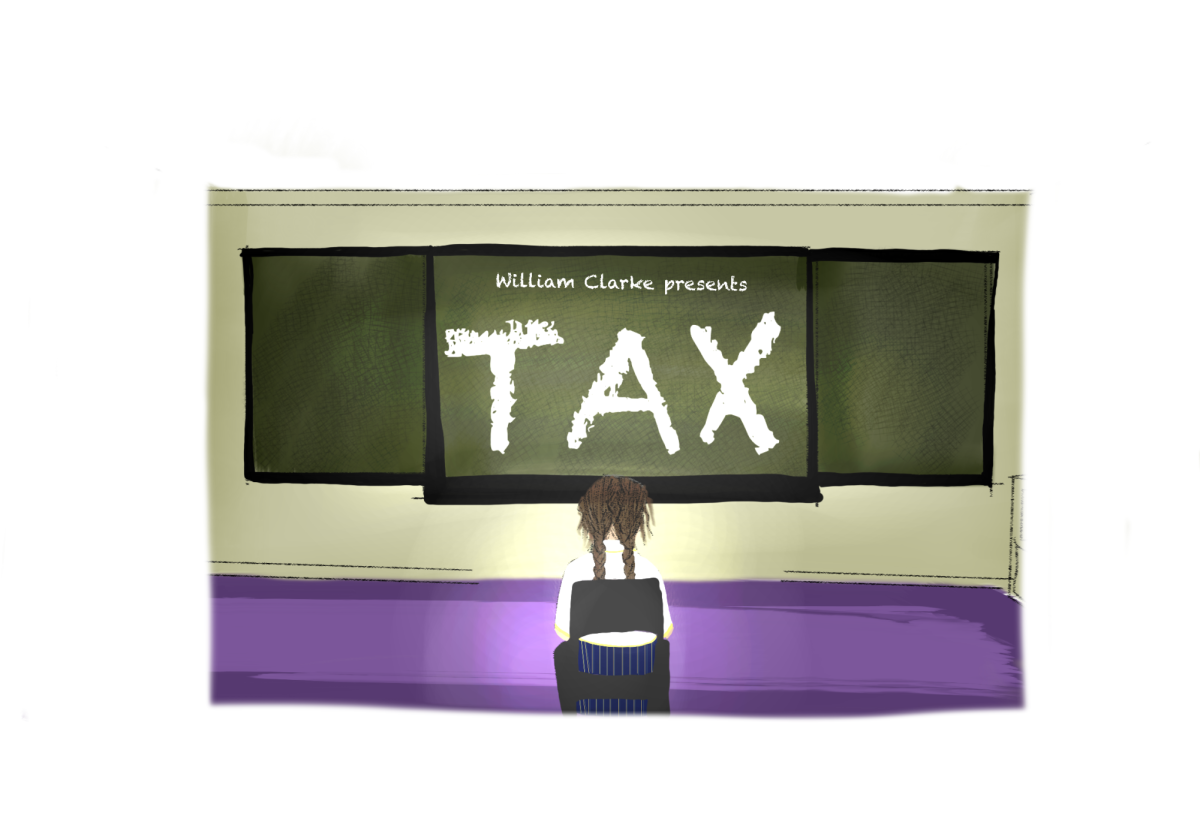
Harry Brown • May 12, 2025 at 11:24 am
Fantastic!
Thank you for being so bold and courageous with your article.
Fortunatus F • May 9, 2025 at 7:21 pm
As someone living in the UK this truly is a worrying sign for us. I echo Patricia’s words about the irony. It’s time to be bold, confident and full of courage – Salt that hasn’t lost its saltiness.
Stephen Rajkumar • May 9, 2025 at 7:02 pm
Very well expressed this with clarity and conviction, may your voice continue to inspire others to stand firm in faith and truth.
Colin Noble • May 9, 2025 at 4:21 pm
A well written piece. Clear and unequivocal. Great job!
Julie McEwan • May 9, 2025 at 3:48 pm
A very well written piece. It brought a quote to mind:
First they came for the socialists, and I did not speak out—because I was not a socialist.
Then they came for the trade unionists, and I did not speak out—because I was not a trade unionist.
Then they came for the Jews, and I did not speak out—because I was not a Jew.
Then they came for me—and there was no one left to speak for me.
—Martin Niemöller after the defeat of Nazi Germany in WWII